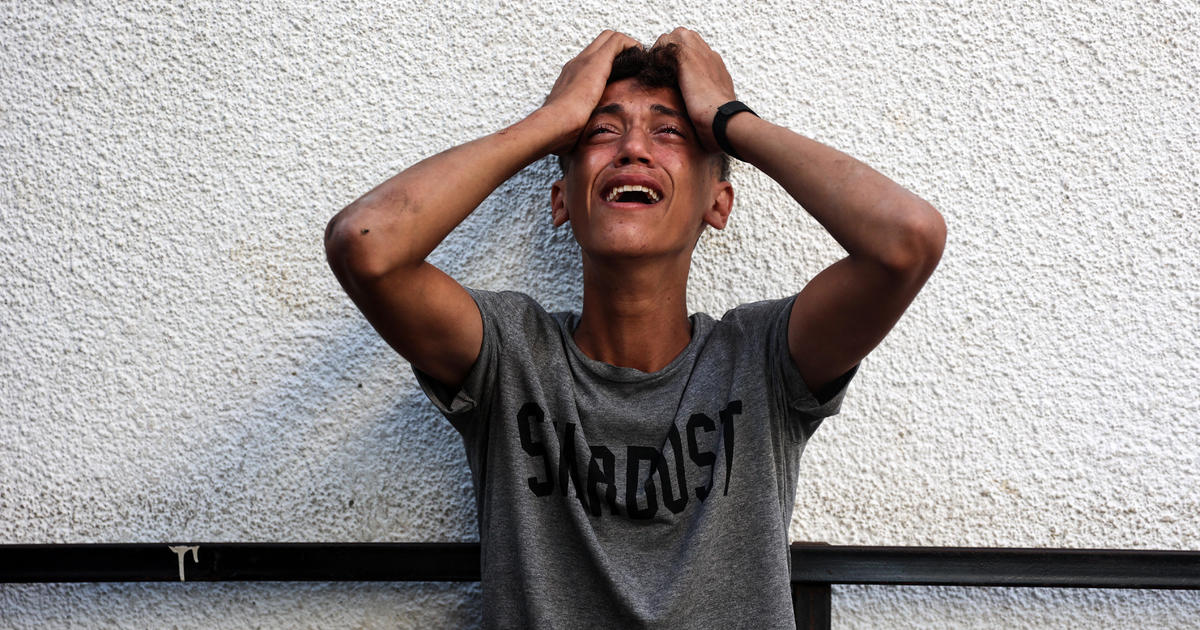The Israeli-Palestinian conflict has intensified significantly, marked by a series of devastating events with high civilian casualties. The situation is complex, fueled by escalating violence and conflicting narratives from both sides. This analysis examines the recent events, focusing particularly on the reported targeting of civilians amidst military operations. It’s crucial to approach this sensitive subject with sensitivity, acknowledging the immense suffering on all sides while aiming to present a factual account based on available information.
The Jabalia School Strike and its Aftermath
The Israeli airstrike on a school in Jabalia, Gaza, sheltering displaced civilians, resulted in a significant loss of life, including children. The IDF claims the building was a Hamas military command center, citing the presence of militants and weapons as justification. They released photographs and videos purportedly showing weapons found within the school.
Conflicting Accounts and Casualties
The Gaza Ministry of Health reported at least 15 fatalities, but didn’t specify how many were combatants. This discrepancy highlights the conflicting narratives surrounding the incident. The IDF identified specific individuals allegedly present, claiming they were involved in attacks against Israel. However, the lack of clarity on the exact number of militants killed, combined with the undeniable presence of civilians, raises significant concerns about the proportionality of the strike and potential violations of international humanitarian law. The high civilian death toll cannot be ignored.
International Condemnation and Humanitarian Concerns
The incident triggered widespread international condemnation, adding to the existing concerns regarding civilian casualties and the broader humanitarian crisis in Gaza. The already dire conditions in Gaza, due to the ongoing conflict and blockade, were significantly exacerbated by the airstrike, leading to a surge in displacement and a deepening humanitarian crisis. This raises the urgent need for increased humanitarian aid access. The incident underlines the devastating impact of indiscriminate attacks, demanding international pressure to protect civilians.
The Assassination of Yahya Sinwar and its Implications
The killing of Hamas leader Yahya Sinwar in a separate Israeli operation added another layer of complexity to the conflict. Israel portrayed Sinwar as a key figure responsible for the October 7th attacks, justifying the targeted killing as a necessary measure. However, critics question the potential ramifications of such actions on escalating the violence further.
Strategic Significance and Retaliation Fears
Sinwar’s assassination is a significant strategic move by Israel, aimed at decapitating the Hamas leadership and potentially disrupting the group’s operations. However, the act is highly likely to incite further retaliatory attacks from Hamas, further escalating the conflict and potentially jeopardizing any efforts towards a ceasefire. This illustrates the complex and perilous nature of targeted killings in armed conflicts. It remains to be seen if Sinwar’s death significantly diminishes Hamas’ power or instead strengthens its resolve and galvanizes its supporters.
The Human Cost of Targeted Killings
Targeted killings, although sometimes presented as a precise and effective tactic in warfare, always carry the high risk of unforeseen consequences. They often spark retaliatory violence and generate cycles of bloodshed, hindering peace efforts and contributing significantly to human suffering. There’s a need to closely assess their strategic implications and the often-devastating human toll they carry.
The Ongoing Humanitarian Crisis in Gaza
The situation in Gaza remains dire. With widespread destruction, a complete blockade, severely limiting access to essential supplies including food, water, and medical care. Ongoing military operations have compounded the issues. These actions further endanger already vulnerable populations and obstruct humanitarian aid delivery, increasing risks for the civilian population caught in the conflict’s crosshairs.
The Impact of Blockades and Ongoing Warfare
Gaza’s densely populated environment creates particularly high risk during armed conflicts. The effectiveness of targeting strikes becomes significantly challenged due to the tight proximity of military positions to civilian populations. The long-standing blockade adds an extra layer of complexity, causing massive restrictions on daily life and the urgent supply needs for survival. The lack of access to basic necessities and essential services has dire consequences for civilians’ safety and well-being.
The Role of International Actors and Humanitarian Aid
The international community has a crucial role to play in facilitating humanitarian aid and protection efforts for Gazans. Efforts to address the crisis, ensuring that those affected receive essential supplies and appropriate protection remain critical to improving humanitarian conditions in the conflict zone. This requires urgent collaborative action between multiple stakeholders.
The U.S. Response and the Future of Aid to Israel
The Biden administration’s warning regarding a potential halt of U.S. military aid to Israel raises another set of critical issues. The letter’s harsh tone reflected deep concerns about the deteriorating humanitarian situation and called for considerable change in approach.
Balancing Security Concerns with Humanitarian Obligations
The U.S. message was a striking example of balancing security considerations with humanitarian obligations. Although the U.S. acknowledges Hamas’ tactics using civilian infrastructure, it asserts that the Israeli response should maintain strict adherence to humanitarian standards. The clear message emphasized a need for improved conditions to avoid further drastic measures regarding aid provisions.
The Implications for Future U.S.-Israel Relations
The situation significantly complicates the US-Israel relationship, revealing existing pressures related to Israel’s conduct in the Gaza war. The warning underscores that humanitarian issues can potentially influence vital decisions impacting a historically strong bilateral relationship.
Takeaway Points:
- The escalating violence in Gaza, coupled with the significant number of civilian casualties, points to an urgent humanitarian crisis.
- The differing narratives regarding the Jabalia school strike and the targeting of civilians underscore the importance of independent investigations and accountability for all human rights violations.
- The assassination of Yahya Sinwar is a high-risk strategic action that may further inflame conflict and increase civilian casualties.
- The Biden administration’s warning underlines that significant humanitarian considerations might eventually affect strategic military aid to Israel, showcasing the global dimensions of this conflict and requiring international pressure for compliance with international humanitarian law.




